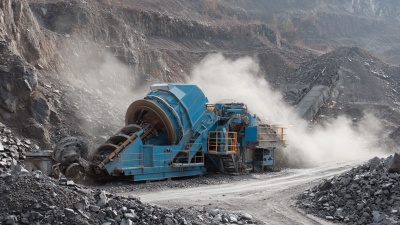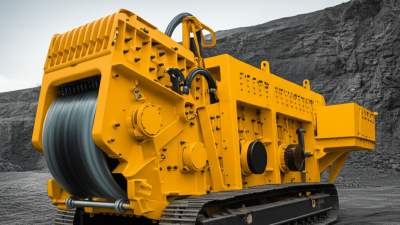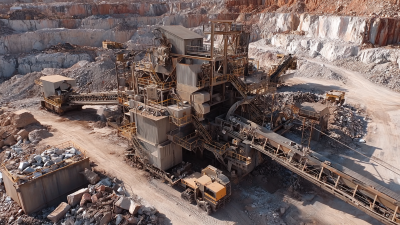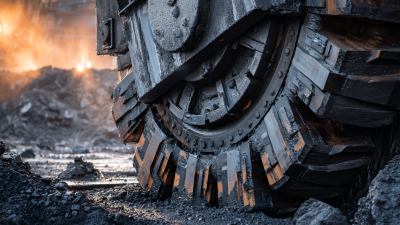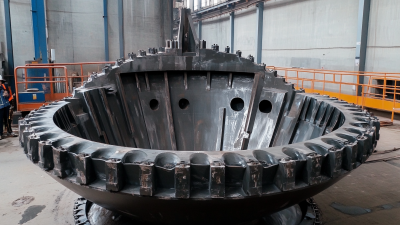
-
Home
-
About Us
-
Products
-
News
-
Blog
-
Contact Us
Leave Your Message

In the competitive landscape of the aggregate and mining industries, selecting the right type of jaw crusher is crucial for maximizing efficiency and productivity. According to industry expert Dr. Emily Carter, a renowned engineer and researcher in crushing technology, "The right type of jaw crusher not only enhances the production capacity but also ensures the longevity of equipment and optimal operational costs." This insight underscores the importance of understanding the various types of jaw crushers available in the market.
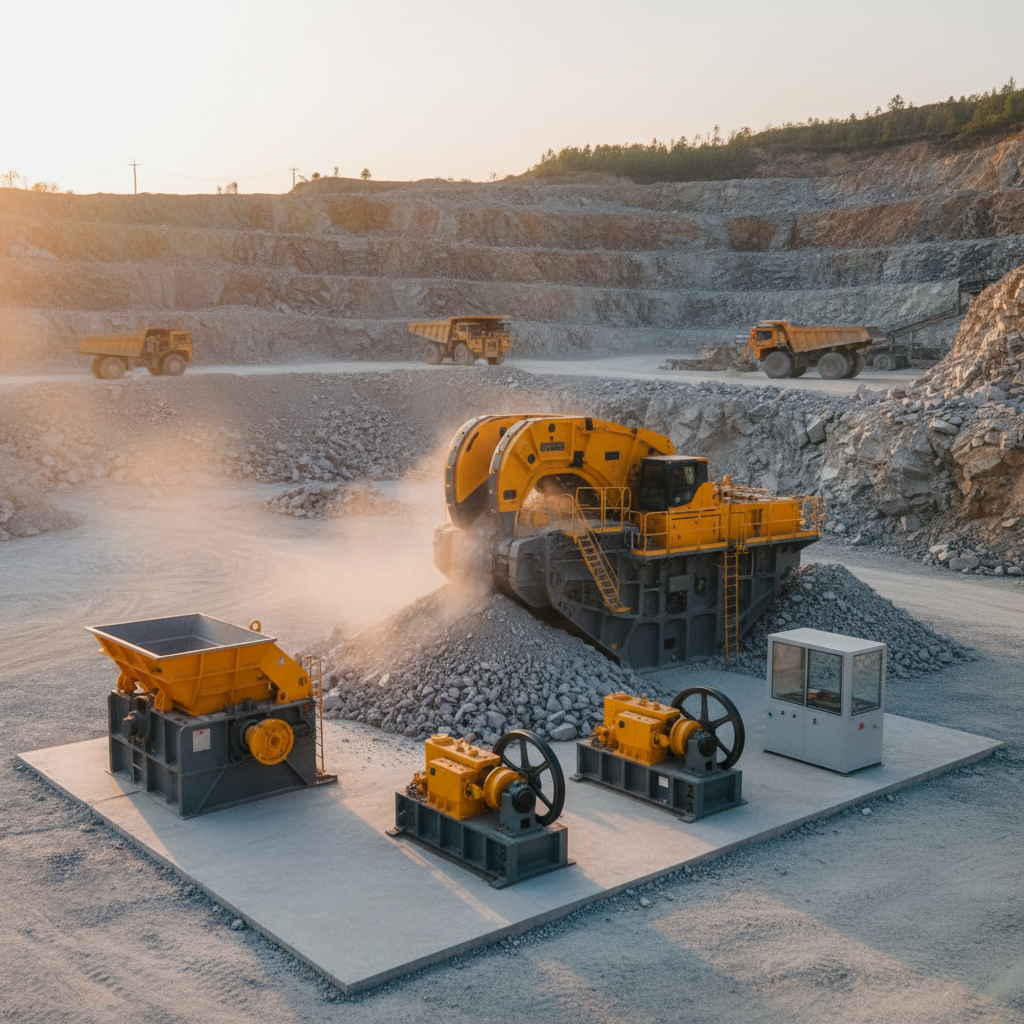 Different types of jaw crushers are designed to perform specific functions and handle varying materials, making it essential for businesses to choose the one that aligns with their operational needs. Whether one is dealing with hard rock or recycling applications, each type of jaw crusher offers unique benefits that can significantly impact the overall performance. As Dr. Carter emphasizes, "A well-informed choice in jaw crushers can lead to substantial returns on investment."
Different types of jaw crushers are designed to perform specific functions and handle varying materials, making it essential for businesses to choose the one that aligns with their operational needs. Whether one is dealing with hard rock or recycling applications, each type of jaw crusher offers unique benefits that can significantly impact the overall performance. As Dr. Carter emphasizes, "A well-informed choice in jaw crushers can lead to substantial returns on investment."
By comprehensively evaluating the features and advantages of each type of jaw crusher, businesses can tailor their equipment choices to meet their specific demands, which ultimately drives growth and success in an increasingly challenging market.
When selecting a jaw crusher for your business, it’s imperative to understand the various types available to maximize efficiency and productivity. The primary categories include the single-toggle jaw crusher, double-toggle jaw crusher, and the overhead eccentric jaw crusher. Each type is designed to handle specific materials and processing applications, influencing output size and shape. According to a recent industry report by Technavio, the global jaw crusher market is projected to grow at a CAGR of over 7% from 2021 to 2025, highlighting the increasing demand for efficient crushing solutions across diverse sectors such as mining, construction, and recycling.
The single-toggle jaw crusher is favored for its simplicity and effectiveness in breaking large stones into manageable sizes. This model typically offers a higher throughput compared to the double-toggle variant, making it suitable for high-production environments. On the other hand, the double-toggle jaw crusher is known for its ability to handle tough materials, offering greater crushing force. A study by Market Research Future indicates that the growing trend of automation and technological advancements is influencing the design and operation of jaw crushers, pushing manufacturers to innovate for better efficiency and lower operational costs. Understanding these differences is crucial for businesses aiming to enhance their crushing processes and improve overall productivity.
When choosing a jaw crusher for your business, it is essential to consider several key features that can significantly impact performance and efficiency. One of the most vital aspects is the crusher's capacity and efficiency. With high tonnage crushing applications on the rise, selecting a model that provides optimal output for your specific needs is crucial. Reports indicate that efficient crushing and screening processes can lead to a notable increase in the quality and quantity of final products.
Another important factor is safety features. Recent innovations have introduced enhanced safety mechanisms that protect operators and minimize downtime. For instance, the addition of safety pins to jaw crushers has been highlighted as a significant improvement in ensuring user safety while maintaining operational efficiency. It's benefits like these that can make a substantial difference in the daily workings of a construction or mining site.
**Tips:** Always assess the specific needs of your operation before finalizing your choice. Look for crushers that offer real-time load measurements to optimize performance and prevent issues related to overloading or underloading. Additionally, consider crushers that are designed for versatility, accommodating various types of materials to enhance overall productivity.
This chart illustrates the efficiency ratings of different types of jaw crushers. Choosing the right jaw crusher can significantly impact your business operations by improving productivity and reducing maintenance costs.
The selection of the right jaw crusher significantly impacts operational efficiency in various industries. A suitable jaw crusher not only enhances the crushing process but also optimizes the entire production line. Different types are engineered to handle varying capacities and material characteristics. For instance, a primary jaw crusher designed for heavy-duty use can process larger rocks more effectively, ensuring that subsequent stages of production run smoothly without interruptions.
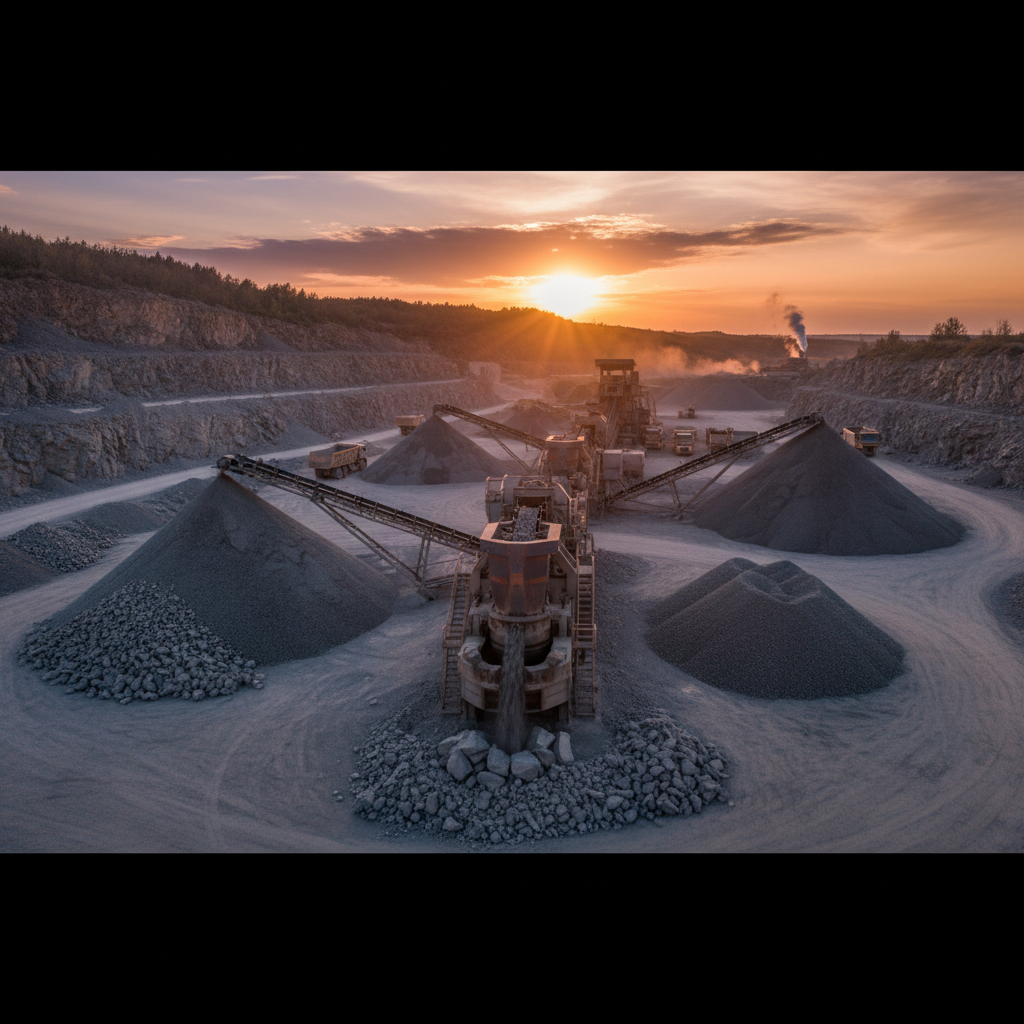
Furthermore, the choice of jaw crusher can influence maintenance requirements and operational costs. A more efficient model can reduce wear and tear on components, decreasing downtime and maintenance expenses. Additionally, utilizing the right type of jaw crusher can improve energy consumption, leading to lower operational costs. As businesses aim to maximize production while minimizing expenses, selecting the appropriate jaw crusher becomes critical for achieving a competitive edge in today's market.
Investing in the right jaw crusher is crucial for maximizing operational efficiency and profitability in any business involved in material processing. A cost-benefit analysis reveals that the initial expenditure on a high-quality jaw crusher can lead to substantial long-term savings. For instance, a durable and reliable machine can significantly reduce downtime due to maintenance issues, allowing for a smoother workflow and increased output. Additionally, choosing a model with advanced technology can enhance the quality of the finished product, leading to higher customer satisfaction and potentially higher prices.
Moreover, the right jaw crusher can improve energy efficiency, which is a critical consideration in today’s environmentally conscious landscape. Machines that consume less energy while delivering high performance not only contribute to lower operational costs but also align with sustainability goals. This dual benefit underscores the importance of selecting a jaw crusher that not only fits your budget but also aligns with your operational needs and long-term business strategy, ensuring that you receive the best return on investment.
When selecting a jaw crusher for your operations, maintenance considerations are paramount, as different models require varying levels of upkeep. For instance, according to a report by the Mining Equipment Market Research, more than 35% of operational costs are attributable to maintenance and repairs. This underscores the importance of choosing a model that offers easy access to components, reducing downtime and associated costs.
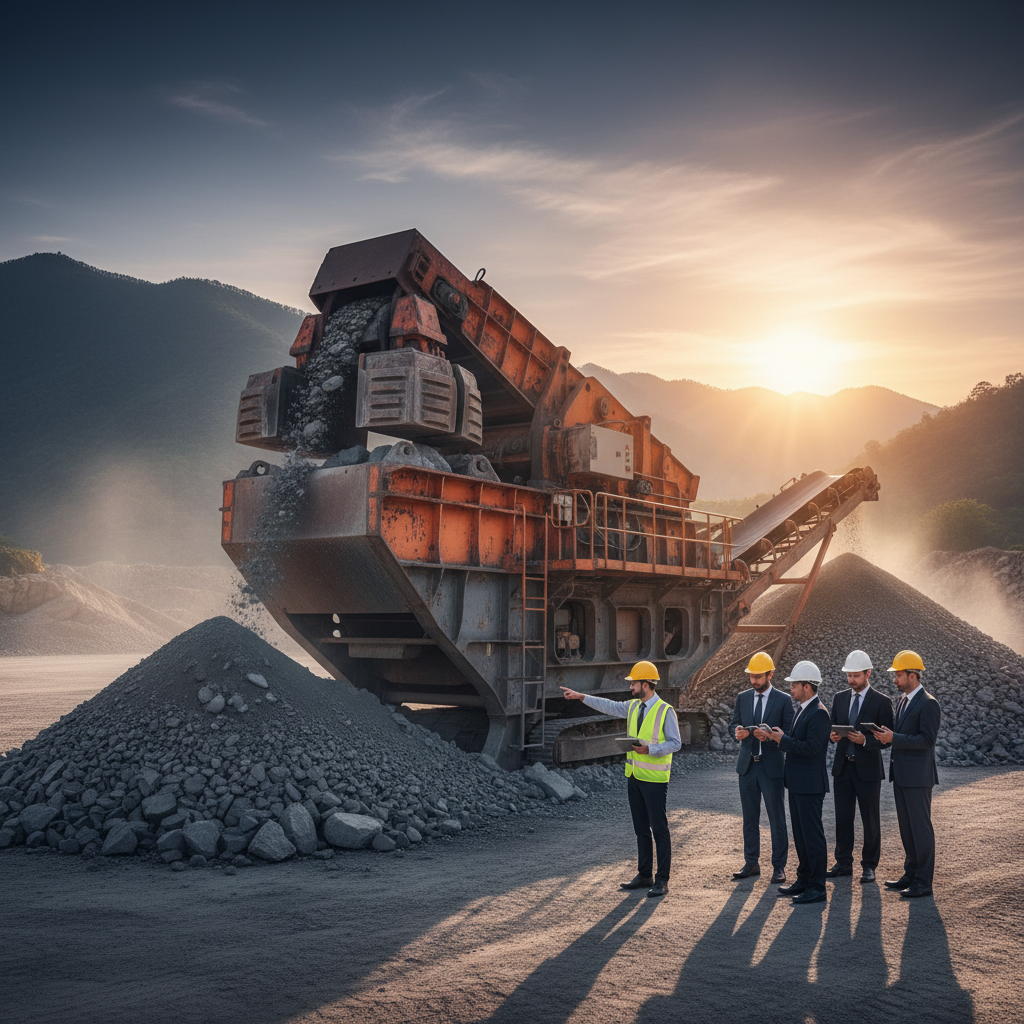
Certain jaw crusher models are designed with user-friendly features, such as hydraulic wedge adjustment systems, which simplify the maintenance process. Models like the Nordberg C Series are noted for their durable design, which can withstand heavy use while requiring less frequent maintenance. Additionally, regular inspections and timely replacement of wear parts can extend the lifespan of the crusher, as highlighted by a study from the International Journal of Mining Science.
Implementing a proactive maintenance strategy not only minimizes costs but also maximizes productivity and efficiency, ultimately benefiting your business's bottom line.
